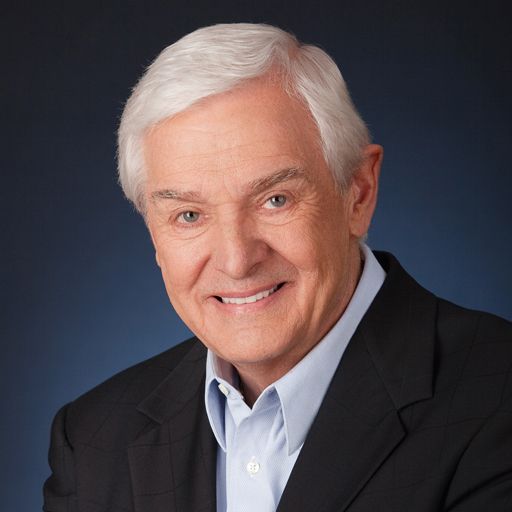A friend told me recently about a wedding he attended in a barn where the officiating minister declared, “And now, by the power invested in me by the World Wide Web, I declare you to be husband and wife.”
That wedding experience is not unusual in today’s syncretistic society—displaying a blend of religion and secularism where “church” and even “Christianity” are often not clearly definable by most people. But there is a silver lining in this confusing cultural cloud: It is helping to make the meaning of “church” more clear. That is, it’s helping to distinguish between “church” the building and “Church” the people of God (or the body of Christ—the bride of Christ).
The truth is, the Church (the people) of Jesus Christ could gather in a barn and have a God-honoring, biblically-based, Christian wedding ceremony. Why? Because the Church of Jesus Christ is the people, not the building. That is one of the primary differences between the Old Testament and the New. In the former era there was one place the people of God could gather to worship: the temple in Jerusalem. But the apostles tell us that God no longer dwells in “temples made with hands” (Acts 17:24) but in a human temple built from “living stones” into a “spiritual house” where “spiritual sacrifices” are offered “to God through Jesus Christ” (1 Peter 2:5). In other words, the people of God are the Church of God in whom the Spirit of God dwells.
Church Benefits
But let’s be clear: There is nothing wrong with any modern “congregation” building a “church” to facilitate its fellowship, as long as we keep the purpose of the facility clear. It’s a building—a structure that has been built and set apart for the use of the people of God in their worship and service of God. A church building is made special by the presence of Christ in His people.
Indeed, modern church buildings offer wonderful benefits to Christian congregations. But here’s what we have to remember: The body of Christ grew and turned its world “upside down” (Acts 17:6) for Christ based on the body of Christ, not buildings for Christ—and we can do the same regardless of the size or meeting place of the congregation we are part of.
What was it that made the first-century church so powerful, so sustainable, and so revolutionary? Acts 2:42-47 is the classic passage that describes the “benefits” of the early Church of Jesus Christ:
1. The church was steadfast (verse 42). In our language, we might say they were committed, devoted, and dedicated to spiritual realities in Christ. Luke tells us the Jerusalem church was steadfast in their pursuit of the apostles’ doctrine, fellowship (meeting the needs of the body), “breaking of bread” (probably a reference to the Lord’s Table, or communion, since daily meals are mentioned in verse 46), and prayer.
2. The church was supernatural (verse 43). The power of God was demonstrated in unique ways through the apostles (see 2 Corinthians 12:12). While the supernatural ministries of the apostles are not duplicated in our day, the power of God is always to be manifested through changed lives, answered prayer, and the effects of being “salt and light” (Matthew 5:13-16) in our communities.
3. The church was sacrificial (verses 44-45). The meaning of “fellowship” is commonality or oneness, and the early Christians demonstrated that by meeting one another’s material needs, even selling their possessions when necessary to help others.
4. The church was “simple” (verse 46). By “simple” I mean they lived with “simplicity of heart.” They were single-minded (see Matthew 6:24; James 1:8). They were not caught up in the things of this world, trying to serve God, money, and man at the same time. They were on a mission for Jesus Christ and would not be distracted.
5. The church was esteemed (verse 47). They had “favor with all the people” in Jerusalem because of their character, their good works, and their generosity. How many churches today have “favor with all the people” in their community?
6. The church was salvific (verse 47). Salvation—making disciples for Jesus (Matthew 28:19-20)—was their mission, “and the Lord added to the church daily those who were being saved.” People were being saved daily in the early church. May God grant us churches like that today!
Dr. Jeremiah is the founder and host of Turning Point for God and senior pastor of Shadow Mountain Community Church in El Cajon, California. For more information on Turning Point, go to www.DavidJeremiah.org.






